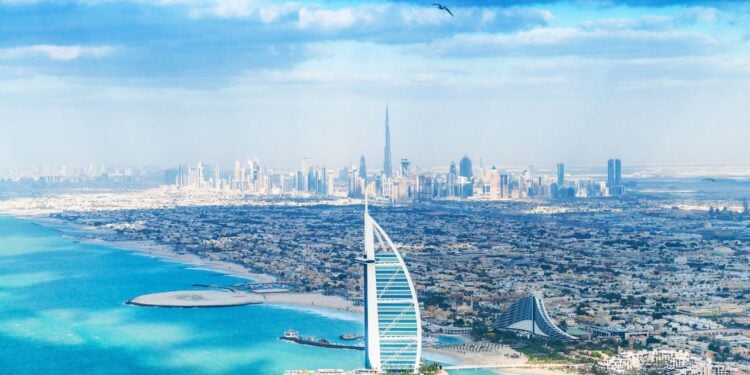Following successful trials in several nations including the U.K., the latest economic hub to test out the shortened workweek is Dubai.
The UAE-based city plans to study the impact of reduced hours on employee work-life balance and is set to launch a four-day workweek trial for government workers that will run from Aug. 12 to Sept. 30.
The pilot program, called “Our Summer is Flexible”, will suspend work on Fridays and reduce the average workday to seven hours for 15 government organizations in Dubai.
Dubai’s initiative is led by the Dubai Government Human Resources Department, and, much like trials seen in country’s such as Germany, seeks to improve the overall quality of life for employees while monitoring productivity and the overall sustainability of shortened workweek programs.
Before launching, the program garnered support from government workers following a survey revealing workers were in favor of cutting office hours during these months. The human resources department will closely monitor feedback and observations to provide informed recommendations on making this scheme a permanent fixture for future summers.
The National reports that another popular city in the UAE, Sharjah, already introduced a similar four-day workweek policy in 2022 to positive success. The city reported a “90 percent increase in job satisfaction, 87 percent improvement in mental health and an 86 percent boost in productivity,” according to the emirate’s Department of Statistics and Community Development.
The largest trial of a four-day workweek took place the same year in the U.K., and involved 61 companies that also saw positive results. Companies reported reduced stress and improved health among their employees, and 92% of businesses said they were planning to continue offering a shorter workweek after the trial.
Dubai’s new initiative coincides with a growing global interest in flexible work arrangements designed to improve employee well-being and productivity.
While the four-day workweek is still in its early stages globally, it is a growing movement spreading across nations. The UAE’s increasing adoption of this model could further shape modern workplace practices, influencing the future of work worldwide.


 Dr. Gleb Tsipursky – The Office Whisperer
Dr. Gleb Tsipursky – The Office Whisperer Nirit Cohen – WorkFutures
Nirit Cohen – WorkFutures Angela Howard – Culture Expert
Angela Howard – Culture Expert Drew Jones – Design & Innovation
Drew Jones – Design & Innovation Jonathan Price – CRE & Flex Expert
Jonathan Price – CRE & Flex Expert











